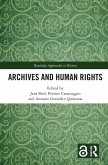
0,00 €
Sofort per Download lieferbar
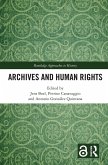
0,00 €
Sofort per Download lieferbar
Ähnliche Artikel
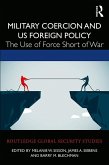
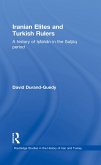
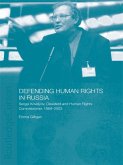

eBook, PDF
16. Januar 2020
Taylor & Francis eBooks

eBook, PDF
6. Dezember 2021
Taylor & Francis eBooks
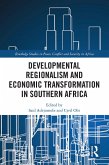
eBook, PDF
1. September 2020
Taylor & Francis eBooks
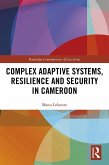
eBook, PDF
29. Mai 2019
Taylor & Francis eBooks

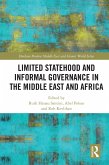
eBook, PDF
8. Oktober 2020
Taylor & Francis eBooks
Ähnlichkeitssuche: Fact®Finder von OMIKRON
